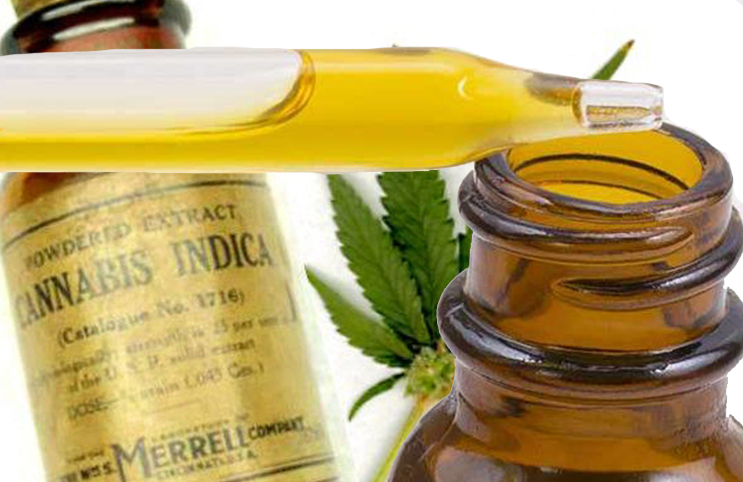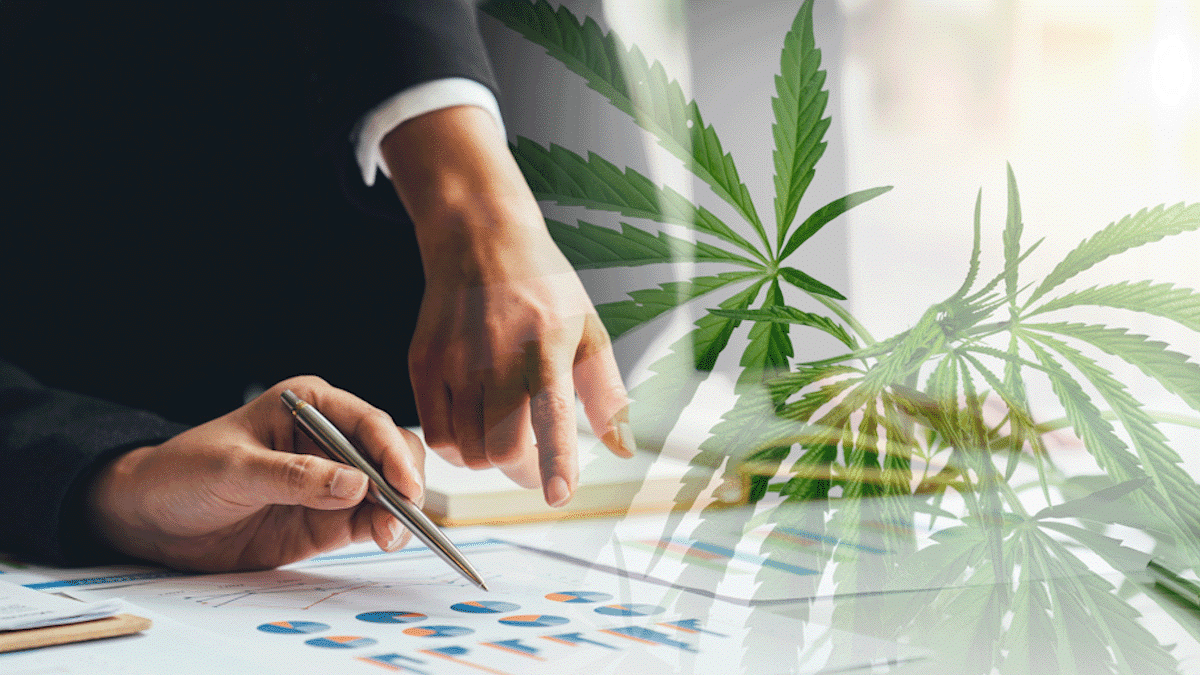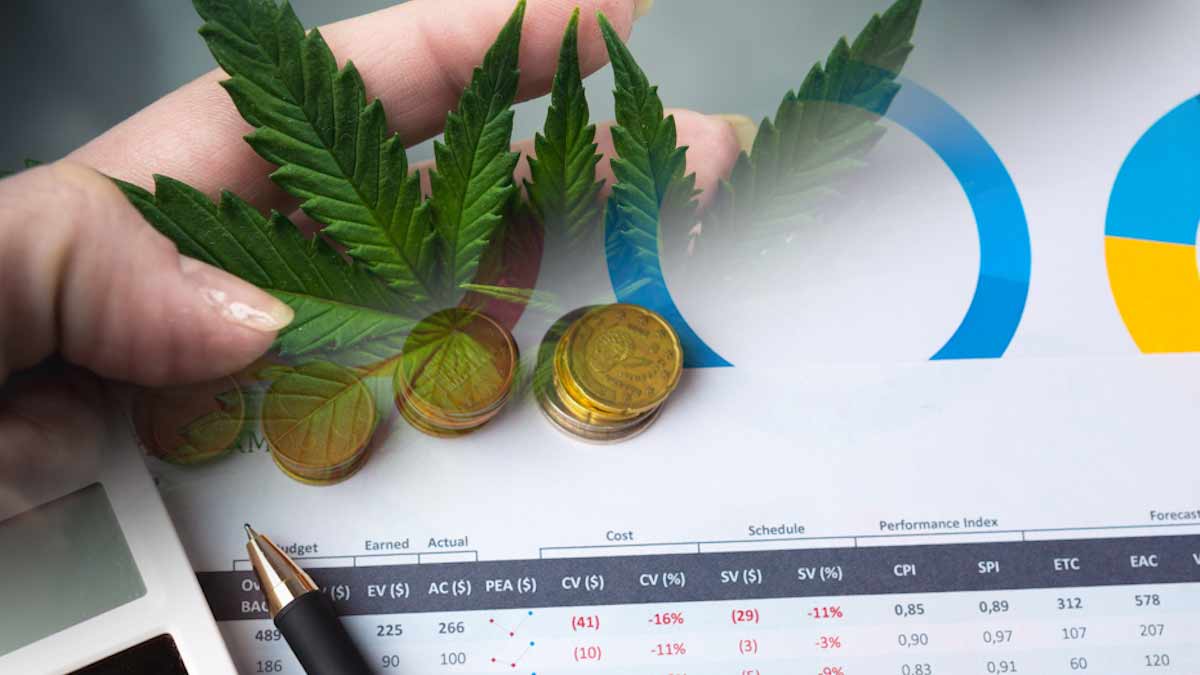Before American Revolution, the domestic production of hemp in the United States began. The government strongly encouraged that hemp crops be grown to continue the manufacturing of clothing, rope, and sails and, in 1619, the Virginia Assembly passed legislation that mandated all farmers to grow hemp.
After the Civil War, hemp production began to hinder as other materials began to increase in popularity. Yet, cannabis, a mixture of dried flowers and leaves from the hemp plant, continued to be used in nearly every medicine on the shelf at most pharmacies. Even after World War II’s “Hemp for Victory” campaign, during which farmers were encouraged to produce hemp for marine cordage, parachutes, and other military provisions, the process of the cannabis restriction continued.
It wasn’t until 1970 that the Comprehensive Drug Abuse Prevention and Control Act characterized cannabis differently than narcotics, eliminating harsh minimum federal sentencing mandates. The rush of societal knowledge that marijuana could be used for medical purposes for patients with HIV, cancer, and a many other conditions followed directly behind President George H.W. Bush’s 1989 War on Drugs, during which marijuana didn’t fare so well.
In Indiana’s congress, there are currently 10 house and Senate proposals on medical marijuana and cannabidiol (CBD), a substance within the hemp plant that offers medicinal qualities without the psychedelic effect. Some of the proposals have already been voted down. Others are still moving forward. One such bill is House Bill 1148, authored by Representative William Friend (R-Dist. 23). Friend’s measure proposes immunity for parents who are offered a treatment plan that includes CBD, as well as immunity for the doctors recommending that course of treatment.
Friend stated, “Over the last few years, we have, in the ag committee, sponsored bills for industrial hemp. Not only for introduction as another crop that Hoosier farmers could produce, but also for its medicinal values. We’ve heard some compelling testimony for the last three to four years from desperate parents who have children with juvenile epilepsy. These children may have multiple seizures per hour. They may have to wear helmets. They have used all the pharmaceutical remedies such as sedatives, barbiturates, and other medications and have been unsuccessful.”
Friend added that it has been found that CBD oil may be more than 80% effective in reducing or controlling seizures. He said, “I am not proposing that we legalize marijuana or medical marijuana or even CBD oil. I just want to make it possible for these parents not to be prosecuted.” Friend’s proposal just had its third reading and has moved on to be heard in the Senate. Republican Representative Don Lehe is one of 38 co-authors named on Friend’s bill. While he has no interest in supporting legislation for medical marijuana, he does see the benefit for certain patients on cannabidiol. Lehe stated, “Everything involved in the cannabis family is designated as illegal. Until they (marijuana and CBD oil) are separated, the oil is considered illegal. CBD oil has virtually no THC.”
MAPH Enterprises, LLC | (305) 414-0128 | 1501 Venera Ave, Coral Gables, FL 33146 | new@marijuanastocks.com










